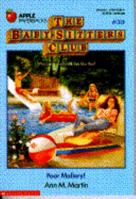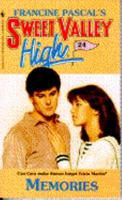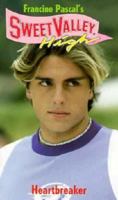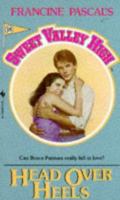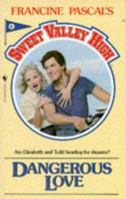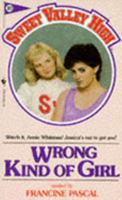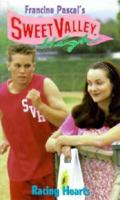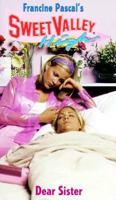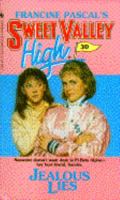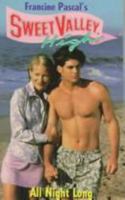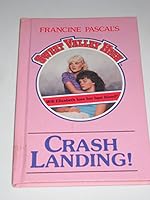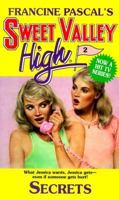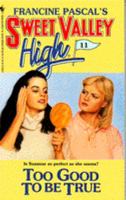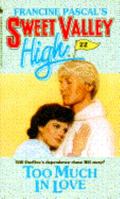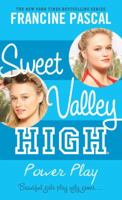You Might Also Enjoy
Book Overview
Related Subjects
Cooking Cooking Drinks & Beverages Essays History Holiday Cooking Military Spirits WineCustomer Reviews
Rated 5 starsA Classic Teen Romance
ALONE IN THE CROWD was always one of my favorite "Sweet Valley High" books. Rereading it as an adult I appreciate how good Kate Williams writing is; like all of her best work for the series, ALONE IN THE CROWD is perfectly unified. This is achieved in part through repetitions of the main character's song and a poem by Emily Dickinson. The story is almost worthy of a classic romantic comedy. Shy Lynne Henry is passionate...
0Report
Rated 4 starsTypical 1980s teen romance...
I loved this series back in the 80s, I grew up with this kind of fluff in school. To me school in the 80s was a million times better than current day. Anyway, in this book shy, Lynne Henry anonymously enters a song writing contest at school. The lead guitarist in the highschool band falls in love with the song and will do anything to find the girl who wrote the it. Long story short, Lynne breaks her silence, gets the "guy"...
1Report
Rated 4 starsPredictable but enjoyable 1980s romance
This is the classic 1980s ugly-ducking-gets-her-guy predictable romance where you know exactly what is going to happen all the way through,and you know that Lynne is going to get her..Guy!!(that was his name!)All the same,it is really enjoyable and very much held my attention and interest.
0Report
Rated 5 starsOne of my favorites
I started reading SVH books at age 11; I am 25 now and will still pick up a book every now and again. I'm from the old school; I really think the series went to pot after the first fifty titles. Anyway, Alone in the Crowd was one of my favorites. Lynne and the Droids are such believable, dynamic characters. I'm only sorry more wasn't written about them.
0Report
Rated 4 starsA star in disguise...
Lynn Henry doesn't fit in at Sweet Valley High--she is not rich, beautiful, popular or confident. However, lurking behind that shy,awkward exterior is a talented song-writer, dreaming of fame and love. When The Droids, a local band, have a song-writing contest, Lynn anonymously enters a song of passion and loneliness. This song captures the heart of her crush, Guy, and he falls in love with the voice in the song. Guy is...
0Report














